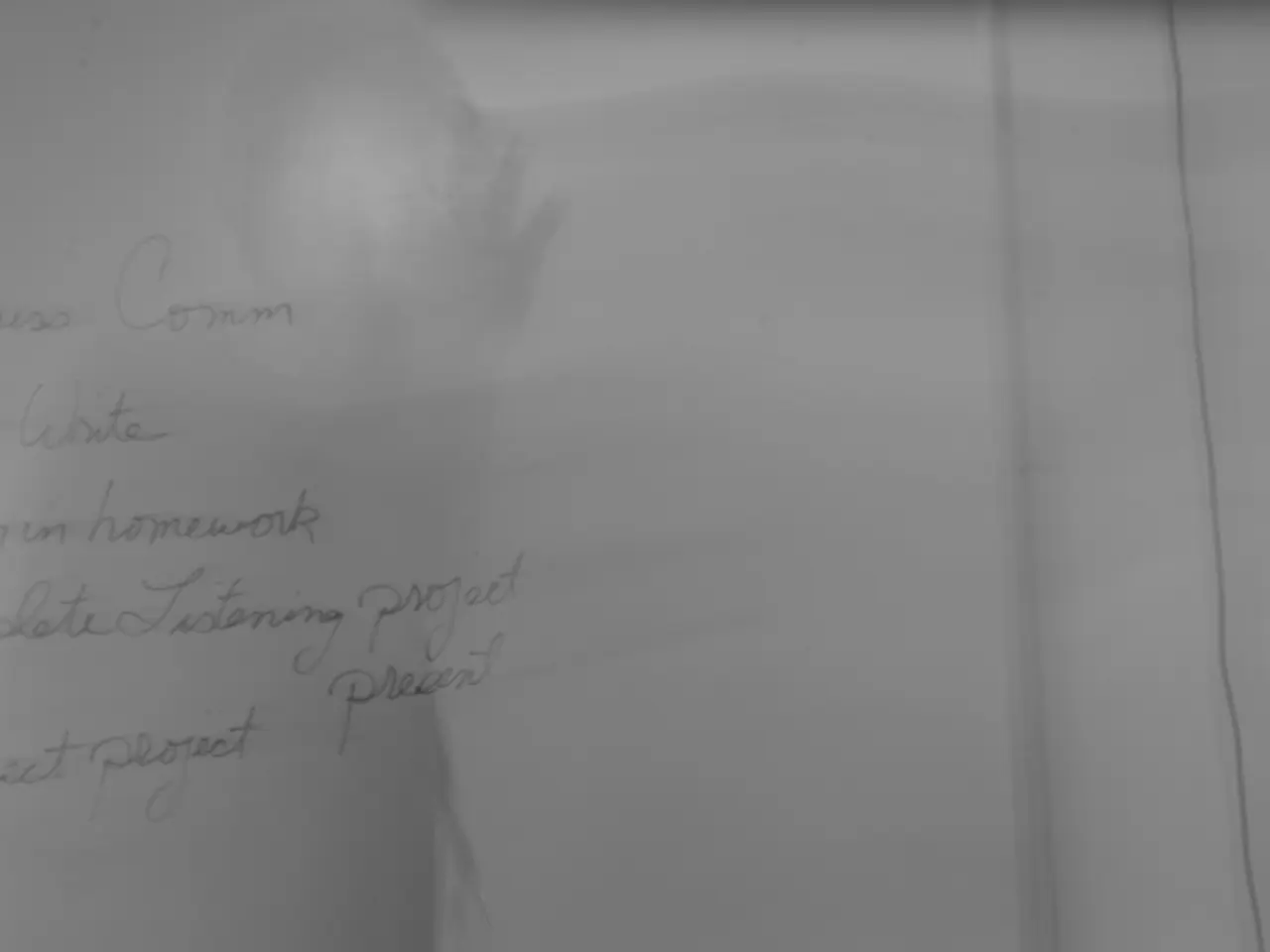International authorities in Brussels focus on addressing the ongoing turmoil in Gaza, directing criticism towards Israel.
The European Commission has put forth a proposal aimed at alleviating the humanitarian crisis in Gaza, rather than as a form of punishment towards Israel. This proposal, if accepted, would have significant implications for Israel's relations with the EU.
Under the proposed measures, Israeli goods would no longer enjoy preferential access to EU markets, facing standard tariffs applied to any non-EU country without a trade deal. Additionally, the European Commission has suggested a partial suspension of Israel's trade privileges with the EU, an action that would impact core parts of the Euro-Mediterranean Agreement.
The proposal also includes sanctions against certain Israeli cabinet ministers and violent settlers, as well as frozen funding for these individuals. However, it is important to note that funding for civil society, projects against antisemitism, and Holocaust remembrance initiatives such as Yad Vashem will remain unaffected.
The European Commissioner for the Mediterranean, Dubravka Suica, has stressed that the suspension applies only to the Israeli government. Around €14 million in bilateral support earmarked for Israel between 2020 and 2024 will be halted as a result of these sanctions.
Not all EU member states agree with these measures. For instance, the German CSU party has expressed opposition to the proposed sanctions. The EU foreign policy chief, Kaja Kallas, has stated that all member states agree the situation in Gaza is 'untenable.'
The EU Council will decide on the proposal by qualified majority, including the new sanctions on Hamas, Israeli ministers, settlers, and the suspension of funding. The decision will be a significant step in the EU's response to the ongoing crisis in Gaza.
The situation in Gaza has been marked by relentless bombardment since October 2023, resulting in the deaths of almost 65,000 Palestinians, most of them women and children. The EU Council's decision is expected to have a profound impact on the humanitarian crisis in Gaza, with potential consequences for the region as a whole.
EU Commission President Ursula von der Leyen has stated that the horrific events taking place in Gaza must stop. Kaja Kallas has criticized Israel's military push into Gaza City, warning that it would deepen the crisis. The European Commission has also announced sanctions on Hamas, extremist Israeli ministers, and violent settlers.
It is worth noting that the EU remains Israel's largest trading partner, with goods trade reaching €42.6 billion in 2024. The proposed measures, if implemented, could significantly alter this economic relationship.
The situation in Gaza continues to be a pressing concern for the international community. The European Commission's proposal is a step towards addressing this crisis and finding a peaceful resolution.
Read also:
- United States tariffs pose a threat to India, necessitating the recruitment of adept negotiators or strategists, similar to those who had influenced Trump's decisions.
- Weekly happenings in the German Federal Parliament (Bundestag)
- Southwest region's most popular posts, accompanied by an inquiry:
- Discussion between Putin and Trump in Alaska could potentially overshadow Ukraine's concerns




